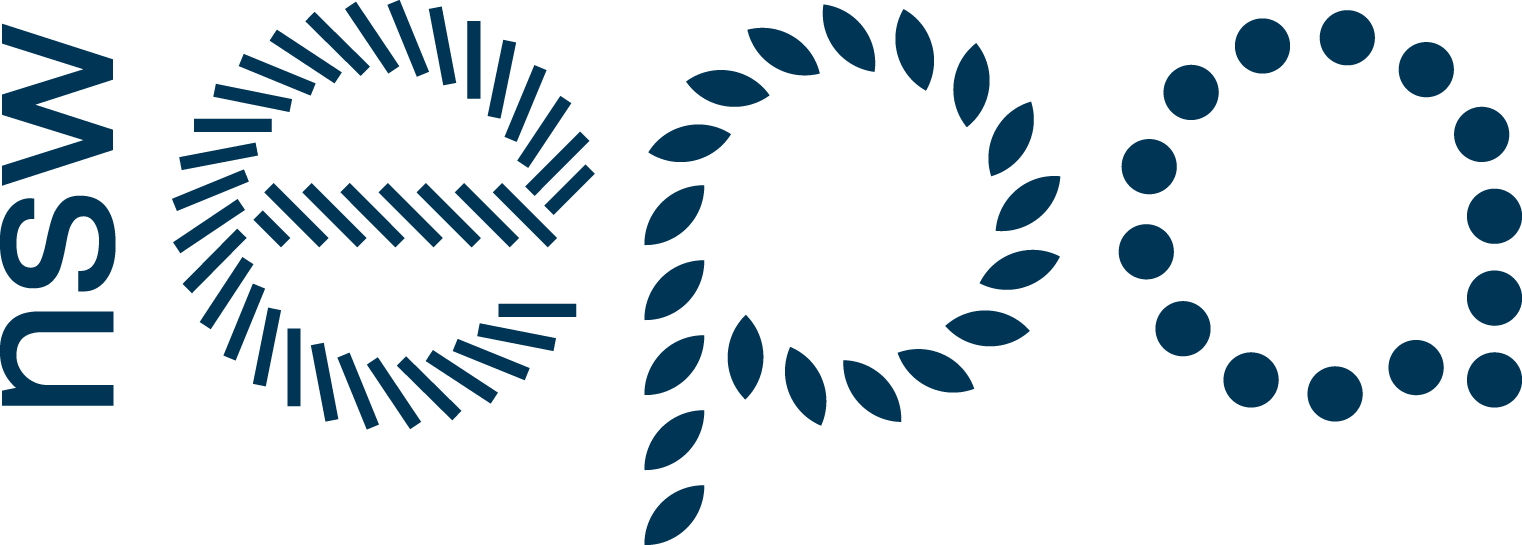Plastic drink cup ban commences in Western Australia with single-use coffee cups next in line
By Tamanna Wadhwani 10 October 2022
Western Australia has begun phasing out plastic cold cups from shops and is set to become the first Australian state to ban takeaway coffee cups by 2023.
Western Australia has stopped the sale and supply of plastic cold drink cups- used for soft drinks and other cold beverages – as of 1 October 2022. The move is part of the Western Australian government’s Plan for Plastics, which will be rolled out in two stages. The bans are expected to save 430 million single-use plastics from entering landfill in WA each year, with plastic cold cups alone accounting for 40 percent of the state’s plastic waste.
Enforcement of all items under Stage 1 of the state’s single-use plastic ban except plastic cold cups commenced earlier this year on 1 July 2022. The extra time for the plastic cup ban was provided to support retailers and suppliers with this transition as they looked for sustainable alternatives that would be cost-effective.
Environment Minister Reece Whitby said that many Western Australians are already embracing the changes and businesses have started making the transition.
“This is another positive step in reducing our impact on the environment, which has the public’s overwhelming support,” says Whitby. “We can be proud that our State continues to lead the way in tackling single-use plastics.”
The state government will continue to use an education-based approach to enabling this ban, with single-use plastic takeaway coffee cups next in line to be banned starting February 2023, as part of Stage 2. The state will become the first in Australia to ban takeaway coffee cups and coffee shops will have between six to 18 months to make the switch to more sustainable options, or else incur a fine of $5,000.
The ban will specifically apply to cups and lids that are single-use and plastic-lined and does not include certified compostable cups. Cafes will still be advised to encourage the use of reusable coffee cups.
As highlighted by Paul Zahra, chief executive of the Australian Retail Association, this will likely come at a price for small businesses. The cost of low-plastic coffee cups is estimated to be 30% higher than that of the plastic ones, as outlined by the WA Department of Water and Environmental Regulation.
“The most critical thing is that businesses are given adequate notice and are properly consulted so they can take the necessary steps to source more sustainable products to replace the single-use plastics that are being phased out,” he said.
Nevertheless, with WA annually disposing of around 182 million takeaway coffee cups to landfill, this ban will bring about much-needed change to reduce the waste and environmental impact of the state.
Western Australians can have a say in the implementation of the Plan for Plastics Stage 2 between now and 18 November 2022. Click here to learn more and provide your feedback.
Tamanna moved from India to Australia to pursue a degree in environmental science and conservation biology. After learning about the concept of a circular economy in 2020, she worked with various organisations in this sector and is interested in solving complex climate change and waste management problems. She loves to communicate with people about all things sustainability or animals. Outside of work, Tamanna is a budding hip hop dancer who also loves travelling, cat cuddles and reading.

